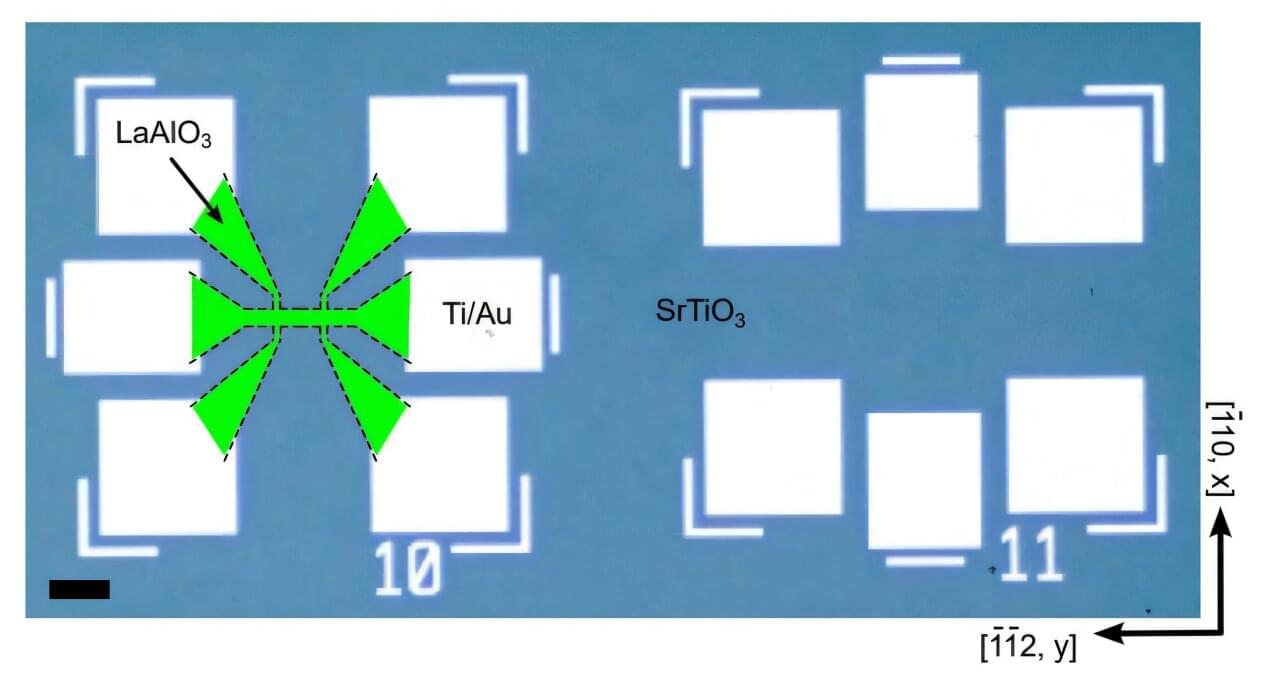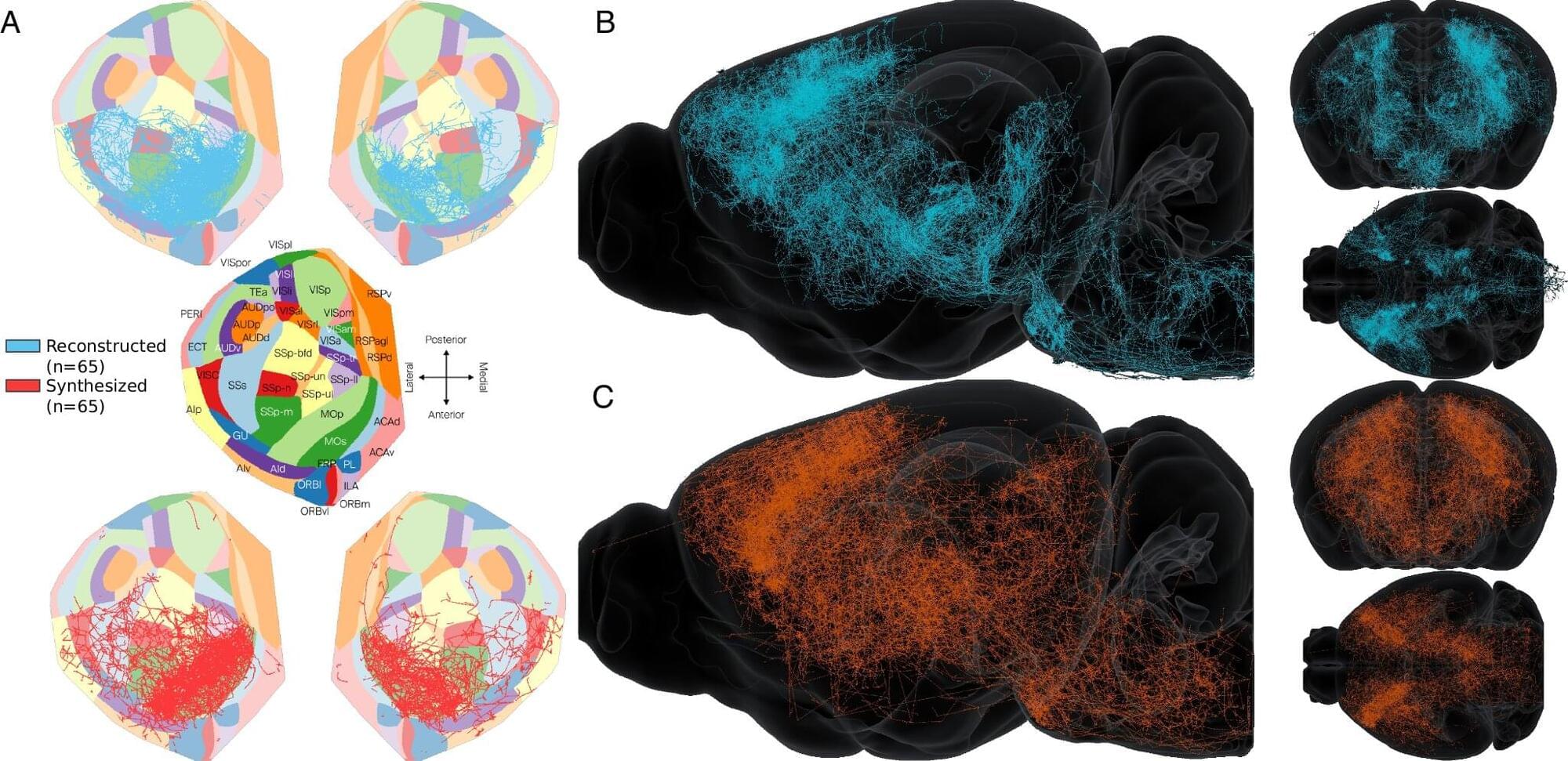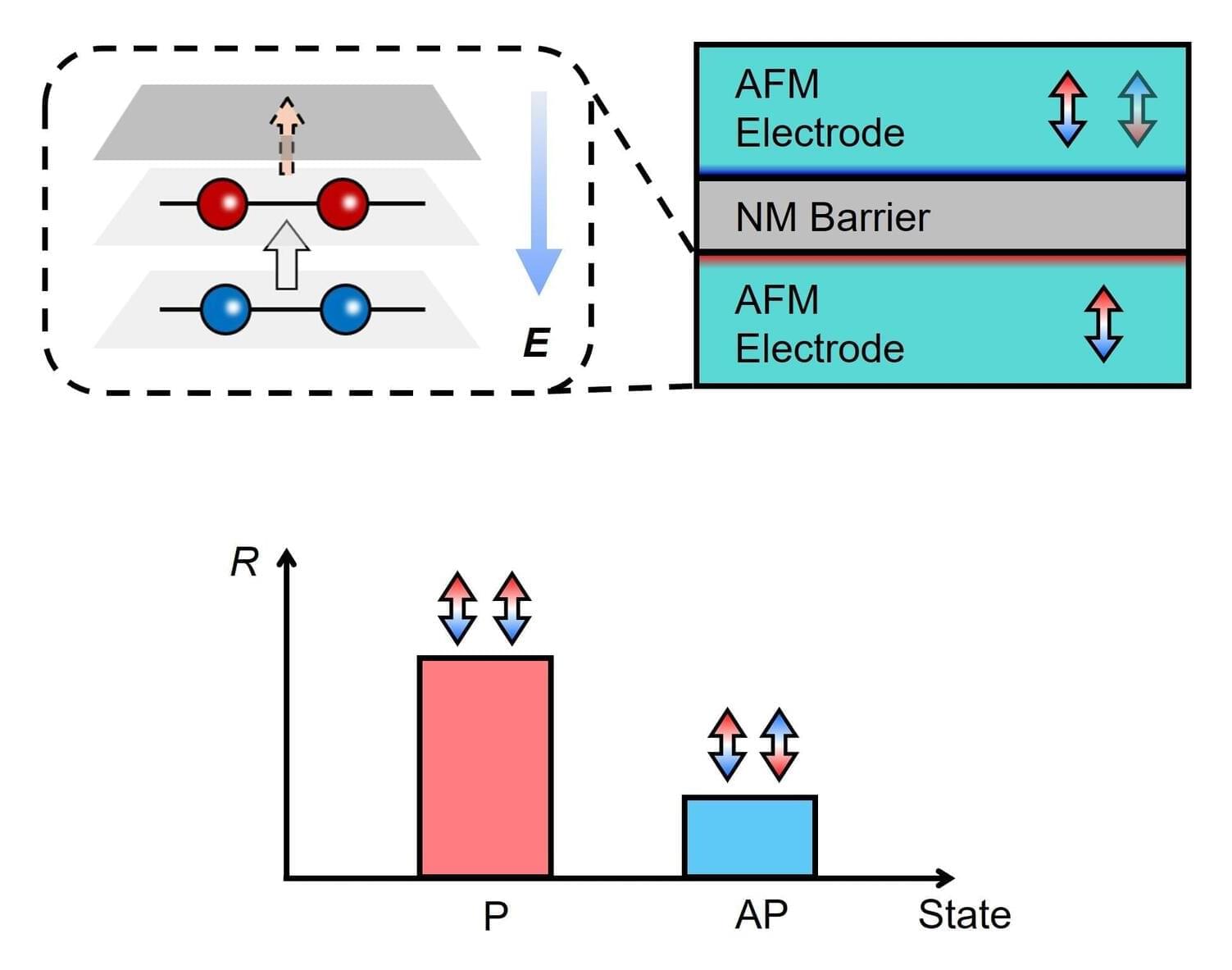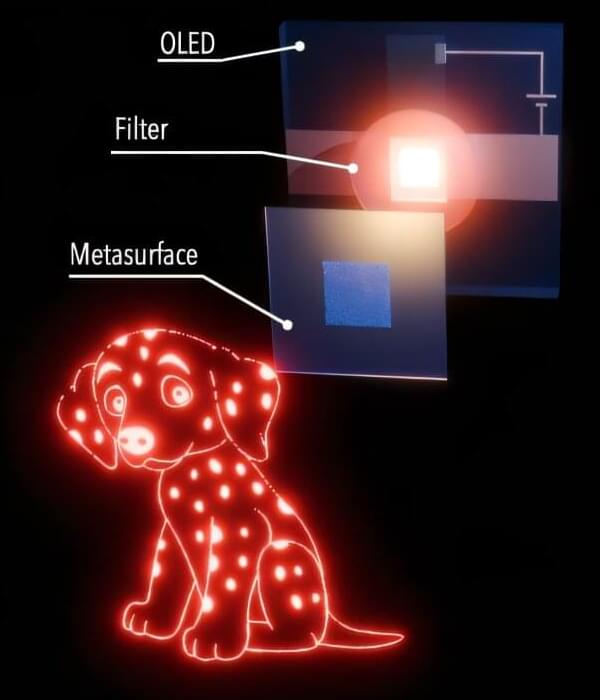How can data be processed at lightning speed, or electricity conducted without loss? To achieve this, scientists and industry alike are turning to quantum materials, governed by the laws of the infinitesimal. Designing such materials requires a detailed understanding of atomic phenomena, much of which remains unexplored.
A team from the University of Geneva (UNIGE), in collaboration with the University of Salerno and the CNR-SPIN Institute (Italy), has taken a major step forward by uncovering a hidden geometry—until now purely theoretical—that distorts the trajectories of electrons in much the same way gravity bends the path of light. The work, published in Science, opens new avenues for quantum electronics.
Future technologies depend on high-performance materials with unprecedented properties, rooted in quantum physics. At the heart of this revolution lies the study of matter at the microscopic scale—the very essence of quantum physics. In the past century, exploring atoms, electrons and photons within materials gave rise to transistors and, ultimately, to modern computing.








